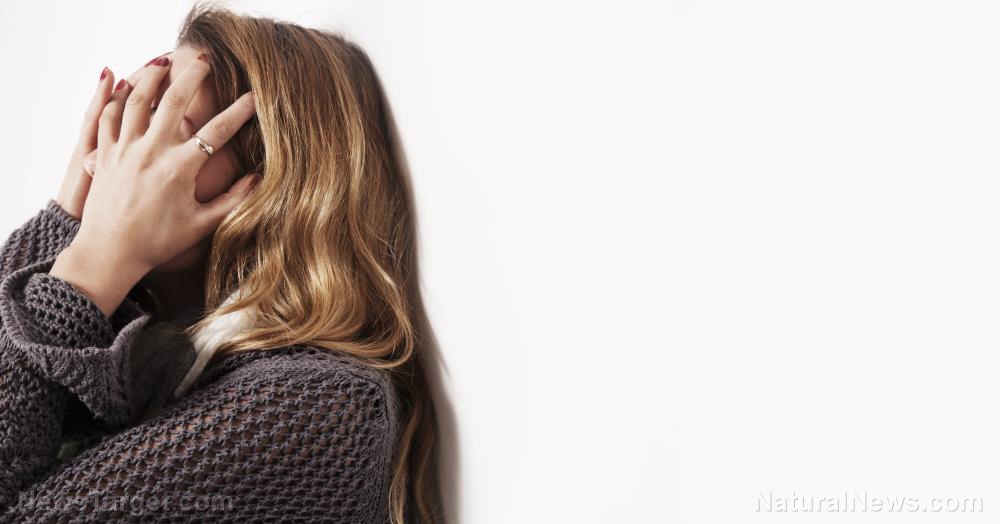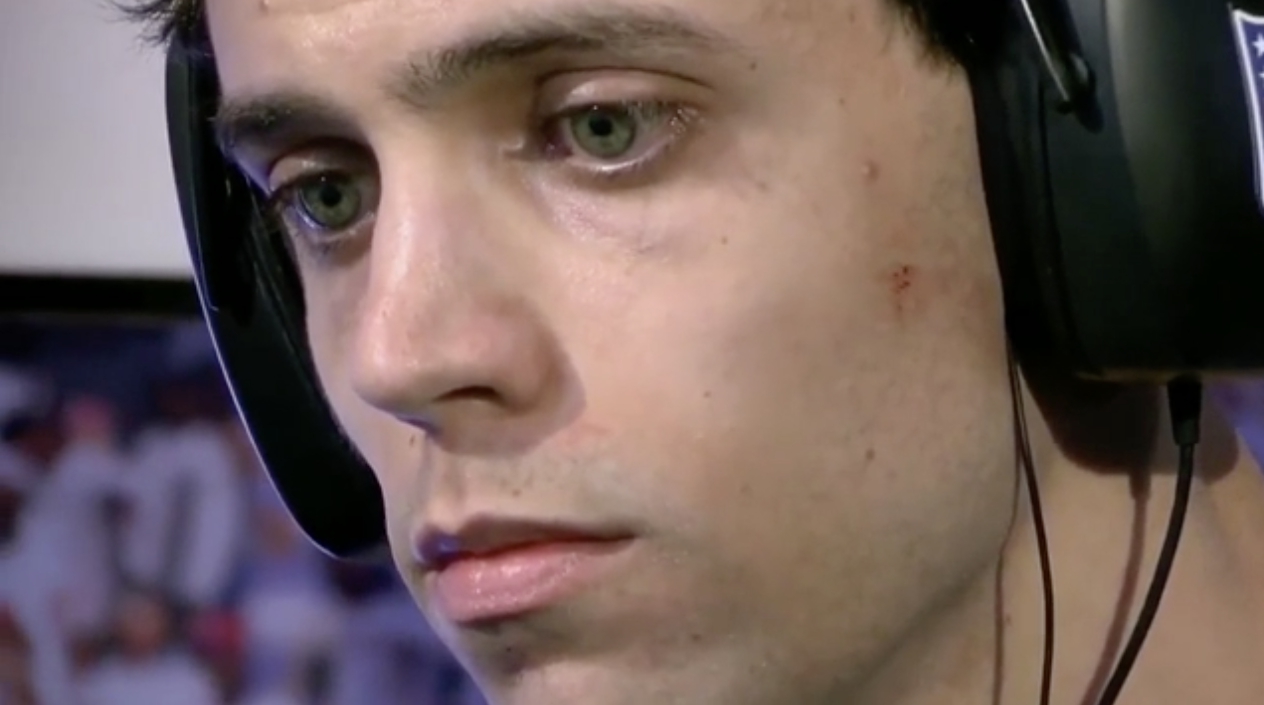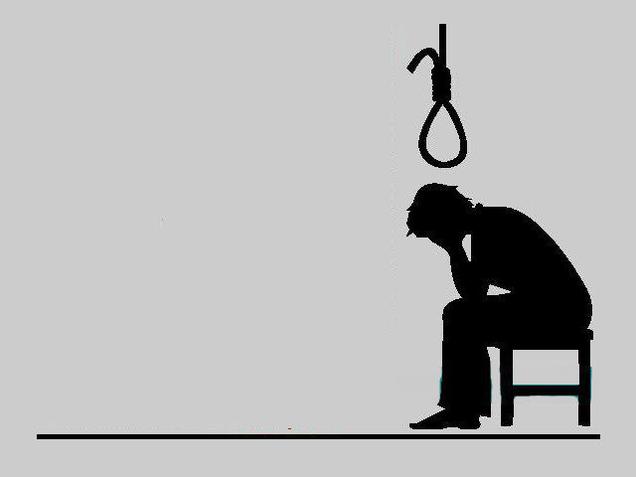Older people who take sleeping pills have double the risk of fracturing their hips
08/01/2018 / By Isabelle Z.

Getting a good night’s sleep is an important aspect of good overall health and well-being, but what price are you willing to pay for it? For some elderly people, taking sleeping pills means accepting a far higher risk of bone fracture.
This is the finding of a new study carried out by researchers from Kings College London and Cardiff University. The researchers examined people aged 65 and older who are given hypnotic medicines like Z drugs and benzodiazepines. They found that medium-term users – those who took the medications for 15 to 30 days – had a 53 percent higher risk of bone fracture than those older people who do not take such drugs. Long-term users, or those who took the drugs for longer than 30 days, had a 20 percent higher risk of hip fracture.
These findings, which were published in the journal PLOS One, prompted the researchers to caution doctors to consider this risk when prescribing such medications to elderly patients. They also recommend that those who are given these drugs take actions to reduce the risk of hip fracture, especially during the first few days of usage. These measures might include removing hazards in the home, visual correction, and strength training to improve frailty.
The so-called Z drugs include zopiclone, zolpidem, and zaleplon, and they are often given to people who are suffering from insomnia. These drugs are sold under brand names like Ambien, Sonata, and Lunesta and have been associated with confusion and fractures from falls. People with dementia are particularly vulnerable to these side effects.
The University of East Anglia’s Professor Chris Fox is calling for better alternatives to help older people sleep. He stated: “Fractures in people with dementia can have a devastating impact, including loss of mobility, increased dependency, and death. We desperately need better alternatives to the drugs currently being prescribed for sleep problems and other non-cognitive symptoms of dementia.”
Natural ways to fall asleep
There’s no question the getting enough sleep is important not only for your mood but also your memory and concentration. A lack of sleep can even increase your risk of obesity, depression, high blood pressure, heart disease, and type II diabetes.
Thankfully, there are plenty of natural ways you can improve your sleeping habits so you don’t need to turn to dangerous sleeping pills. Some people have found success with certain beverages.
For example, warm milk is believed to simulate the effect of tryptophan on the brain, which plays a role in the sleep-wake transition. Chamomile tea has flavonoids that interact with the brain’s benzodiazepine receptors – and don’t worry, it doesn’t contain any caffeine. Meanwhile, tart cherry juice is believed to support the production of melatonin and a healthy sleep cycle.
It is also important to control the amount of light around you when you’re trying to sleep. Even after it gets dark outside, people are still exposed to plenty of light from phones and TVs. This is interfering with the release of the hormone melatonin, which is normally triggered by reduced light exposure. Many people are turning to melatonin supplements to help them fall asleep, and it’s also important to turn off electronic devices in the hours before sleep.
Some elderly people tend to wake up frequently to use the bathroom at night, and experts suggest that they avoid turning bright lights on when doing so as it can be too disruptive. People can try placing their bathroom light on a dimmer or use a flashlight, ensuring they use enough light to avoid falls and accidents but not so much that they have trouble falling asleep again afterward.
Sources for this article include:
Tagged Under: Ambien, bone fracture, bone health, dementia, elderly, hip fracture, insomnia, longevity, Lunesta, pharmaceuticals, side effects, sleep, sleeping pills, Sonata


















